The History of Gonjaland
For over 30 years, GANA has been a unifying force for the Gonja people in North America — built on tradition, service, and a shared vision for Gonjaland’s progress.
Origins and Founding
The Gonja people, also known as Ngbanya, are part of the larger Guan ethnic group in Ghana. Their kingdom was established in the mid-16th century by Sumaila Ndewura Jakpa, a warrior from the Mande region of the Mali Empire. Jakpa led a southern expedition, conquering territories and founding the Gonja Kingdom with its capital at Yagbum.
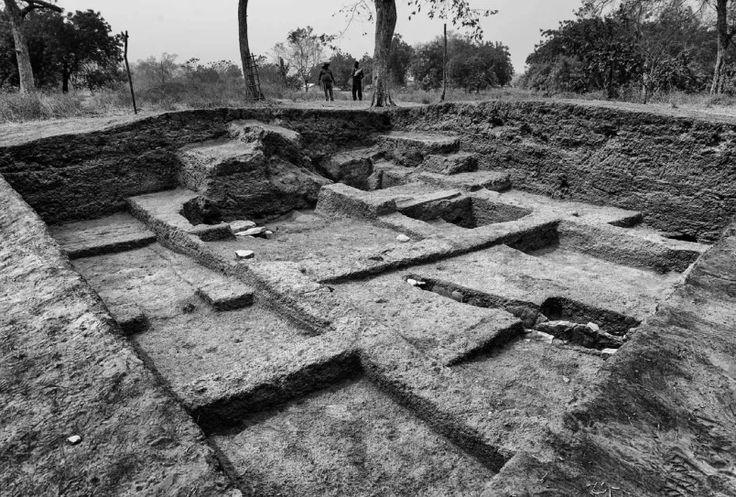
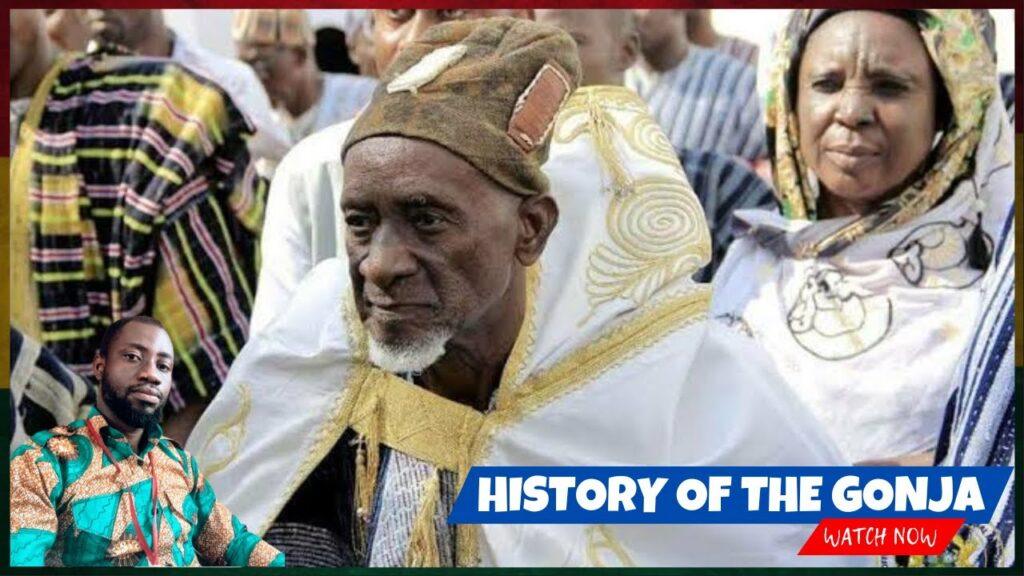
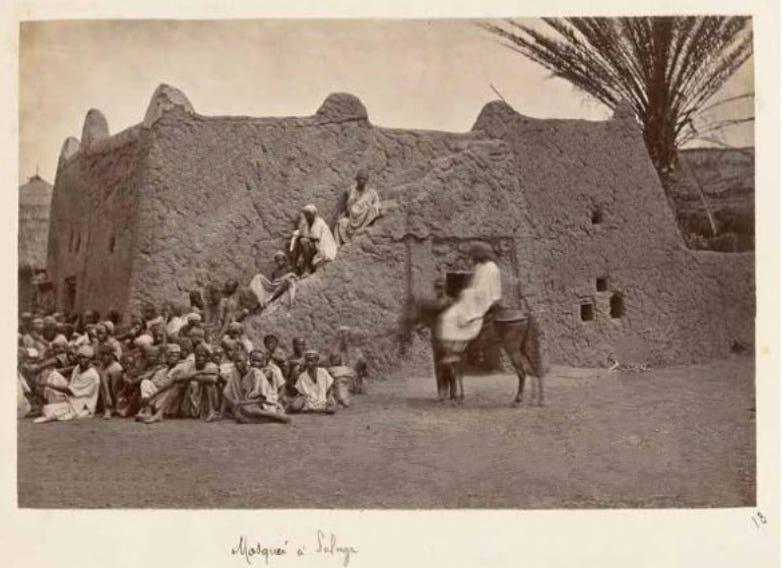
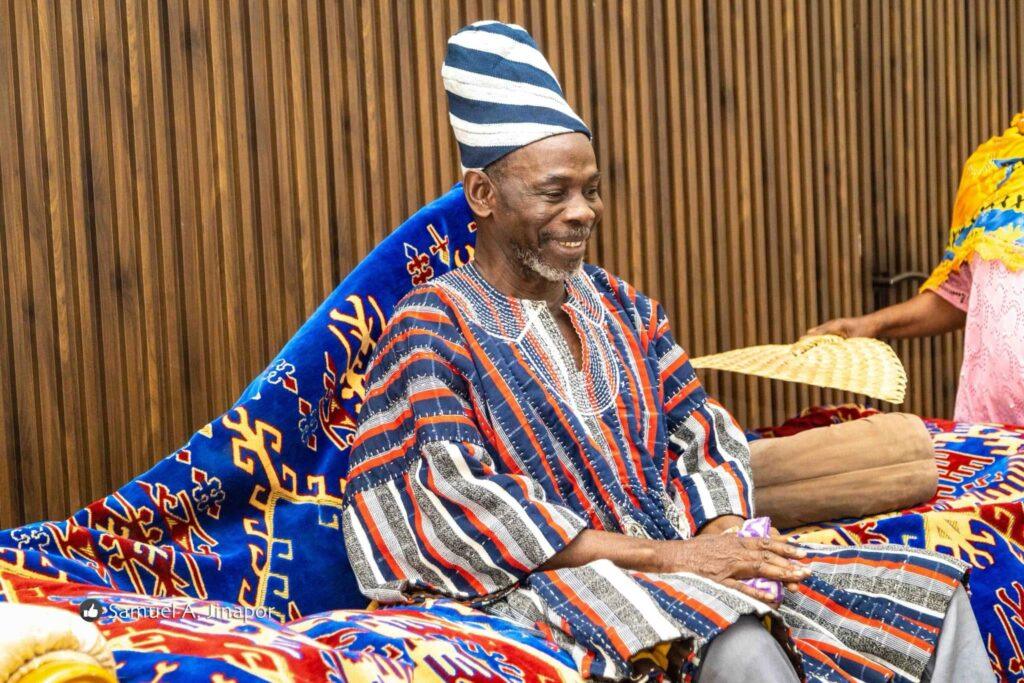
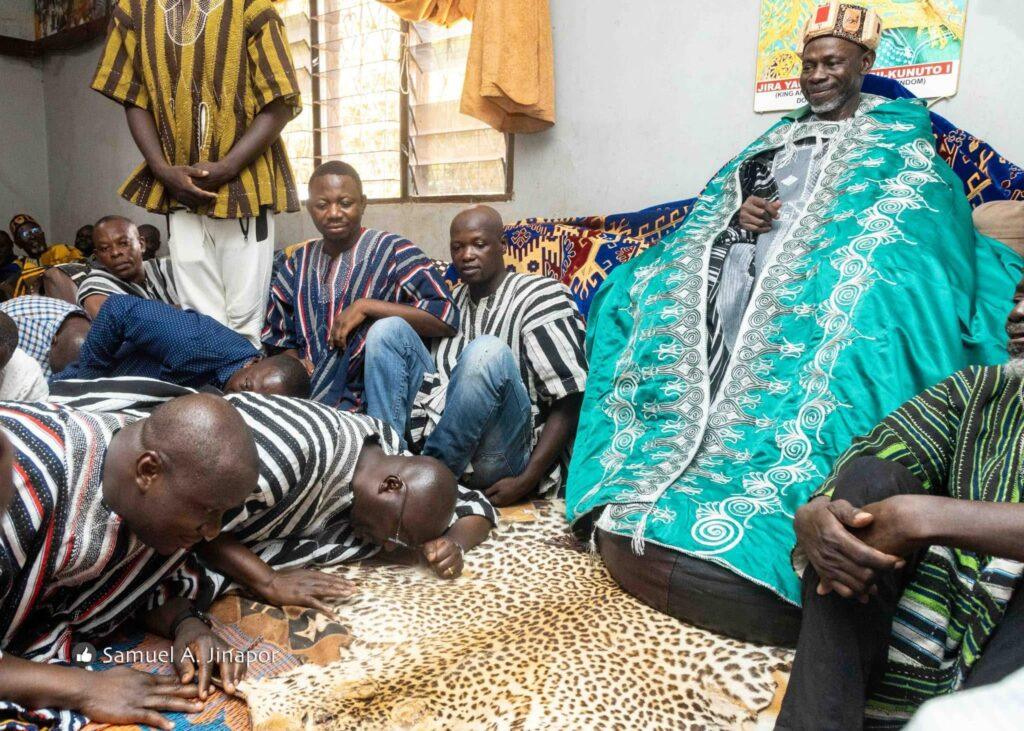
Expansion and Governance
Under Jakpa's leadership, the Gonja Kingdom expanded rapidly, establishing a centralized system of governance. The kingdom was divided into sections overseen by Jakpa's male siblings and their descendants, creating a federated state. The paramount chief, known as the Yagbongwura, was established to oversee the entire kingdom—a position that continues to this day.
Cultural and Religious Influence
The Gonja people embraced Islam in the 18th century, influenced by Muslim missionaries and traders. Islamic scholars played a significant role in documenting the kingdom's history, contributing to the rich cultural tapestry of Gonjaland.

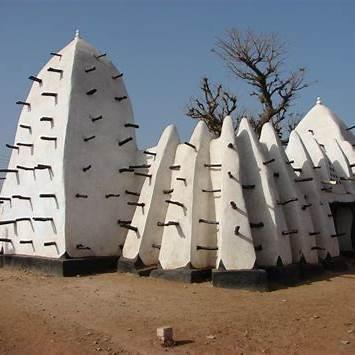
Legacy and Modern Significance
Today, the Gonja Kingdom remains a vital part of Ghana's cultural heritage. The Yagbongwura continues to play a significant role in traditional governance, and the Gonja people actively preserve their customs, language, and festivals. The kingdom's history is a testament to the resilience and unity of its people.
Ready for an Unforgettable Adventure?
Explore the breathtaking landscapes and wildlife of Mole National Park — Ghana’s premier eco-tourism destination.
